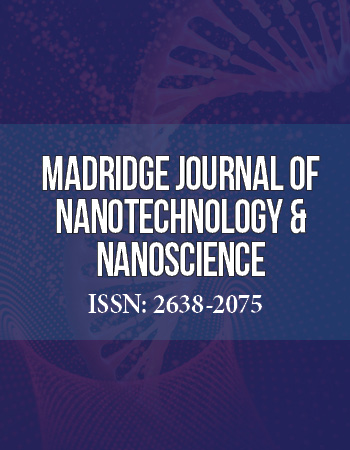2nd International Nanotechnology Conference & Expo
April 3-5, 2017 Dubai, UAE
Nonreciprocal electric transport in chiral and polar nanomaterials
Quantum-Phase Electronics Center (QPEC) and Department of Applied Physics, The University of Tokyo, Japan
Noncentrosymmetric nanomaterials are recently attracting a growing interest as a new platform for novel physical properties and functionalities. One of the manifestations of the lattice symmetry breaking in electric transport is the nonreciprocal magneto resistance, in which forward and backward current are not equivalent under magnetic field along the specific directions. In this presentation, I will talk about the recent experimental results on the nonreciprocal magneto transport measurements in chiral and polar nanomaterials. First, we report the exotic superconducting transport in multi-walled tungsten disulfide chiral nanotubes induced by ionic gating. The interference of supercurrent along the tube circumference was proved by the periodic magnetoresistance oscillation with the period of a flux quantum inside the tube. More importantly, the observation of second harmonic signal in AC resistance provides the clear evidence of nonreciprocal superconducting transport originating from the tube chirality. Second, we show the first observation of nonreciprocal electric transport in polar semiconductor BiTeBr, which hosts the atomically layered structure with tricolor stacking. Rectification effect satisfies the characteristic selection rule for polar systems and the magnitude of the signal is largely enhanced in low carrier samples, reflecting the giant spin-splitting. Moreover, the experimental results are well understood quantitatively on the basis of the simple Rashba model with the use of the Boltzmann equation, indicating that nonreciprocal transport measurement can be a new probe for estimating the Rashba spin-orbit interaction. Our results pave the new way for exploring the novel functionality in noncentrosymmetric nanomaterials.
Biography:
Toshiya Ideue received his bachelorʼs degree in 2009 and masterʼs degree in 2011 from the University of Tokyo. He worked at Fujifilm Corporation for a year and a half. Then he returned to the University of Tokyo and obtained his Ph. D. in the field of quantum transport in materials without space inversion symmetry. He is now an assistant Prof. in the group of Prof. Y. Iwasa in the University of Tokyo and studying the exotic quantum transport in nanomaterials.


